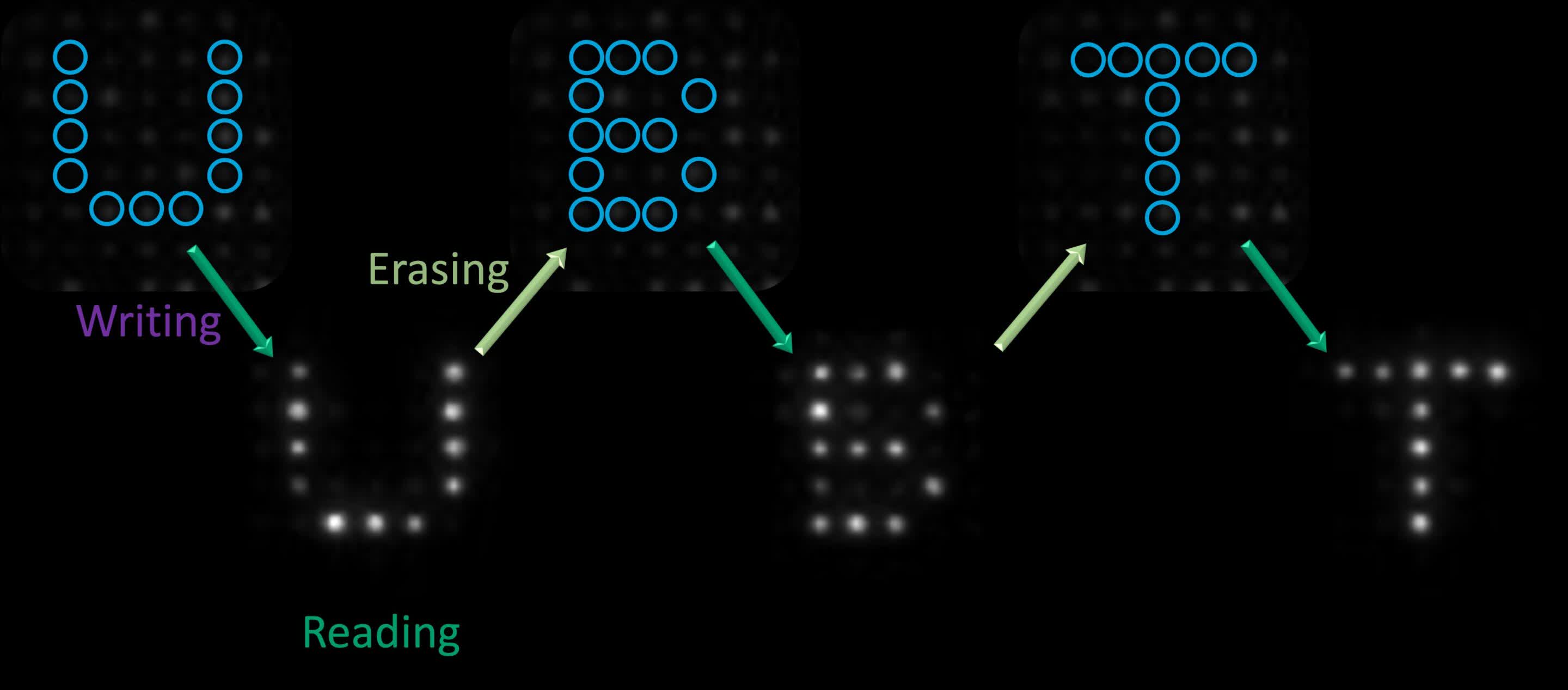Serving tech enthusiasts for over 25 years.
TechSpot means tech analysis and advice you can trust.
Why it matters: For decades, scientists have dreamed of building computer chips that use light instead of electricity to process information. While our current silicon chips are incredibly fast, replacing electrons with photons could make them even faster. Now, researchers from the University of Bayreuth and the University of Melbourne have brought us a step closer to this vision.
The research, published in the journal Advanced Optical Materials, demonstrated the fundamentals of performing simple logic operations entirely with light.
Logic gates are the building blocks of computer processors. They take one or two binary inputs (1s and 0s) and output a 1 or 0 based on a set of rules. By connecting enough of them in the right configuration, you can create circuits capable of everything from basic arithmetic to running the latest apps on your phone.
In traditional electronic logic gates, inputs and outputs are tiny electric currents. The team's breakthrough shows that it's possible to achieve the same functionality using only light signals. While the demonstrations are still extremely basic compared to commercial chips, they prove that the core concept works at the smallest scale.
To accomplish their light-based logic, the scientists used a grid of microstructured polymer spheres, onto which they wrote the letters of the alphabet in succession on the same spot on the array. They performed hundreds of purely optical read, write, and erase cycles on this grid.

The reason scientists are trying to replace electrons with photons is that light signals have the potential to be much faster than electrical ones. After all, photons are massless and can travel at the speed of light, unlike electrons, which are slowed down by both mass and electric charge. Light has already demonstrated how fast data transfer can be in communication networks using fiber optic cables.
Additionally, the researchers note that using light for processing allows for additional data channels, such as encoding information in different colors and polarizations, rather than just relying on signal strength.
"With light, you can use not only the signal strength (number of photons) but also the wavelength (color or frequency) or the polarization (direction of oscillation) to distinguish signals," explains Professor Dr. Jürgen Köhler, chair of soft matter spectroscopy at the University of Bayreuth.
So, is this the end of electronics as we know it? Not likely – at least not anytime soon. The press release about the breakthrough is upfront about the fact that their work is only laying some of the most basic groundwork.
"In the very distant future, this [breakthrough] could one day form the basis for new photonic logic gates and microchips," it notes.
Don't hold your breath for an all-optical iPhone or laptop just yet. But who knows, maybe the electronics we can't live without today will turn out to be just the warm-up act for light-based computing, much like vacuum tubes paved the way for transistors.